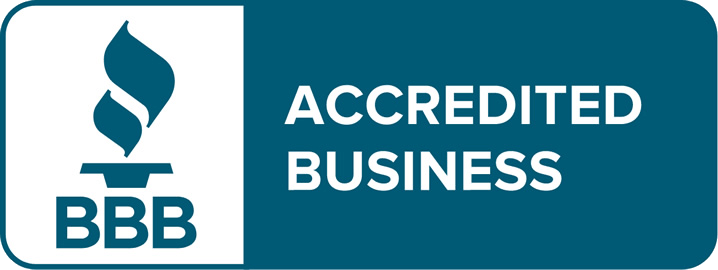Did you know that you could find yourself with an unexpected tax penalty for not informing the IRS that you have a bank account abroad? Although this rule only applies if your total amount on all foreign accounts at any time of the calendar year exceeds $10,000, it has to be obeyed even if these accounts don’t produce any taxable income for you. All you have to do to stay out of trouble is to file IRS form 114, Report of Foreign Bank and Financial Accounts, also known as FBAR, along with the completed schedule B of your Income Tax Return (form 1040). Failure to do so results in the highest tax penalty the IRS can assess.
There are already numerous cases when taxpayers have paid millions of dollars to the IRS to satisfy FBAR penalties. A similar thing happened to Carl Zwerner, a director at First State Bank in Florida. This 87 year old taxpayer now owes the IRS over two million dollars in penalties for not reporting the annual value of his Swiss bank account. This amount was calculated as 50% of the annual value of this account in 2004, 2005 and 2006. Although Mr. Zwerner’s case is more complicated than just a failure to file form 114, it is still a good example of the consequences of non compliance with IRS rules.
The IRS form 114 can be filed online through the Bank Secrecy Act (BSA) E-Filing System at http://bsaefiling.fincen.treas.gov/main.html. It is an easy to follow program that allows you to submit all BSA forms and to track the status of your returns online. The IRS also provides help with filing FBAR forms over the phone at 866-270-0733.
In addition, in January 2012 the IRS started a new offshore voluntary disclosure program for those taxpayers who failed to report their offshore income and foreign bank accounts in previous years. Although participating in this program will not eliminate all penalties, it is still a way to minimize the chance of criminal prosecution for failure to disclose foreign accounts and assets.


